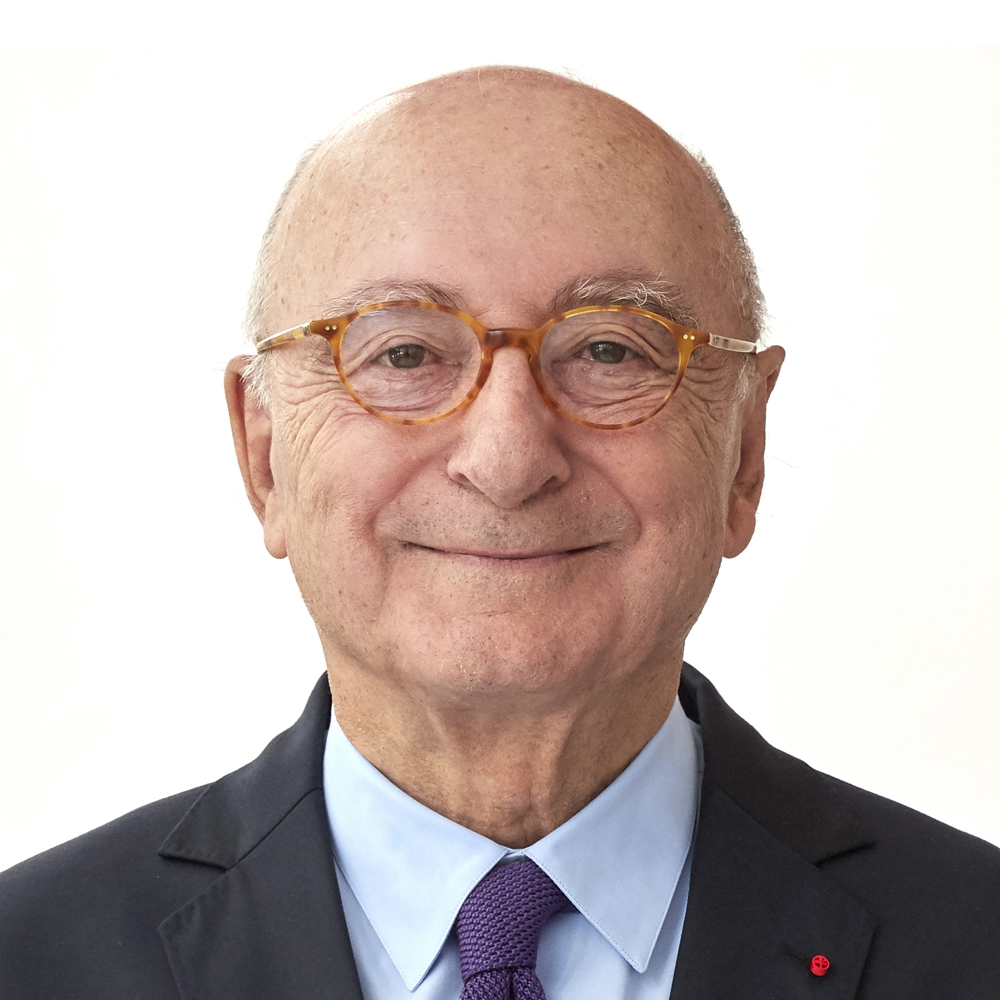Henri Chibret, between a passion for eye care and a passion for entrepreneurship, which is stronger in your family?
Henri Chibret: Historically, it's the former that has emerged. Our grandfather Paul Chibret (1844-1911), founder of the Société Française d'Ophtalmologie (1883), was one of the fathers of modern eye medicine. He was not a man of enterprise. It was in the next generation that my grandfather Henry (1876-1943) began marketing ophthalmic treatments. On January 31, 1902, he graduated as a pharmacist. The same year, he opened his laboratory and, with Paul's help - both were passionate about innovation - developed his first ointments and oily eye drops, based on silver nitrate, atropine, adrenaline and pilocarpine.
Was this laboratory the famous Laboratoires Chibret?
Henri Chibret : Indeed. But while my grandfather offered cutting-edge remedies, his business was first and foremost a brilliant dispensary laboratory. It was my father, in the 1940s, who took the company from a cottage industry to an industrial enterprise of international stature.
Between the sale of the family business to the American giant MSD in 1969 and Théa, did the Chibret family continue to do business?
Henri Chibret : More than ever, because the Chibret family is not made to be governed, but to be enterprising! My brother Jacques launched Biophysic Medical, which went on to develop Europe's 1st ophthalmic Argon laser for the treatment of retinopathy, and the world's first laser, the Yag laser, for the treatment of secondary cataracts. It will also become no. 1 in the field of ocular ultrasound. For my part, I'm going to concentrate on pharmaceutical research, by giving birth to Transphyto, France's first R&D start-up in the pharmaceutical field. Many start-ups disappear or are bought out. Very few go on to market their innovations. Considering that I had a number of products of prime interest, I took the risk of creating the Théa marketing laboratory, which will soon merge with Transphyto.
Has the way family businesses are viewed changed?
Henri Chibret : In the 1980s, family companies began to be seen as an outdated form of enterprise, consigned to the moat of history in the face of triumphant managerial and financial capitalism. I can still remember the president of Allergan France explaining to me that our company, like another French family laboratory, was an “anomaly” in the market, in other words, a slag destined to disappear. His career in eye care was short-lived. Today, the independent, family-run company is back in the spotlight. For one thing, it has become clear that it remains an important feature of the world's economies. In Western Europe, family businesses account for between 45% and 65% of GDP and employment. What's more, they have proven to be very successful in terms of growth. On the whole, consumers consider them to be more committed to their customers, more aware of their social responsibility, more willing to make sacrifices in the service of business and employment. For me, they are most notable for their inclination to take more risks, and to reinvest their dividends. Finally, they are more resistant to crises.
